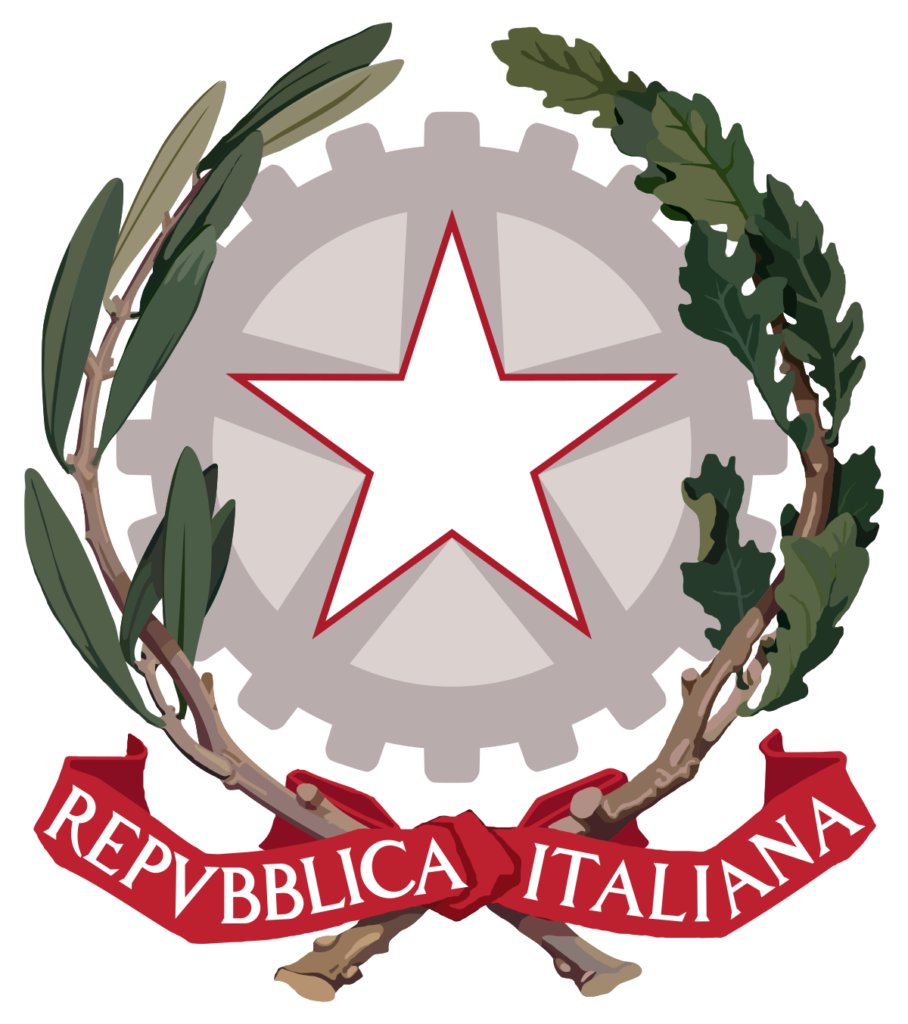Funding
Ritorna a ” “
The conservation and protection of World Heritage sites wouldn’t be possible without the financial resources to meet World Heritage needs. Sources of income include the World Heritage Fund, which receives most of its income from compulsory contributions from countries (States Parties) and from voluntary contributions. Other sources of income include profits derived from sales of World Heritage publications, or funds-in-trust that are donated by countries for specific purposes
World Heritage Fund
The World Heritage Fund provides about US$4 million annually to support activities requested by States Parties in need of international assistance. It includes compulsory and voluntary contributions from the States Parties, as well as from private donations.
The World Heritage Committee allocates funds according to the urgency of requests, priority being given to the most threatened sites. International Assistance from the Fund can support requests falling under five categories:
- Preparatory assistance: to prepare tentative lists, nominations of properties, conservation project proposals or management plans;
- Training assistance: to support group training activities, mainly for personnel working on World Heritage sites (individual scholarships cannot be funded);
- Technical cooperation: to provide expertise and material support for management plans and various conservation activities;
- Emergency assistance: to enable urgent action to repair damage caused by adverse human activity or natural disasters;
- Promotional and educational assistance: to raise awareness and develop educational materials.
Funds-in-Trust
Funds-in-Trust are donations given by countries to support specific projects with defined goals and objectives.
- Netherlands Funds-in-Trust (NFiT)
- Flemish Funds-in-Trust
- France-UNESCO Cooperation Agreement
- Italian Funds-in-Trust
- Japanese FIT
- Spanish FIT
Italian Funds-in-Trust

The Italian government and UNESCO have entered into a joint agreement to enhance their cooperation within the framework of the 1972 Convention Concerning the Protection of the Cultural and Natural Heritage. The aim of the agreement is to reinforce the effectiveness of the World Heritage Convention, promote Global Strategy for a more representative World Heritage List, and improve the management of cultural and natural sites inscribed on it.
The goal of the agreement is to assist State Parties to the Convention in:
- Identifying underrepresented categories of cultural and natural properties, and accordingly prepare nomination dossiers for the inscription of sites;
- Assessing the state of conservation and management of sites inscribed on the List, as well as the training needs of staff responsible for those sites;
- Formulating requests for international assistance, for submission to bilateral and multilateral cooperation agencies, in favour of sites inscribed on the List.
Under the Funds-in-Trust agreement, defined between UNESCO and the Italian Ministry of Foreign Affairs, US $3,300,000 was made available for the period 2001-2005, with activities reviewed annually. The objectives defined are structured under three components:
- Missions of technical experts;
- Regional Technical Assistance Programs;
- Other World Heritage Centre activities, such as the 30th anniversary of the World Heritage Convention, and a Report on the State of Conservation.
In 2004, Italy also committed US $300,000 in funding to continuing work to conserve the five World Heritage sites in the Democratic Republic of the Congo.
Another Funds-in-Trust has recently been provided to support a Training Course for World Heritage cultural site managers and legal experts from the countries of the Maghreb sub-region. An amount of US $156,000 was made available for this project in 2004.
